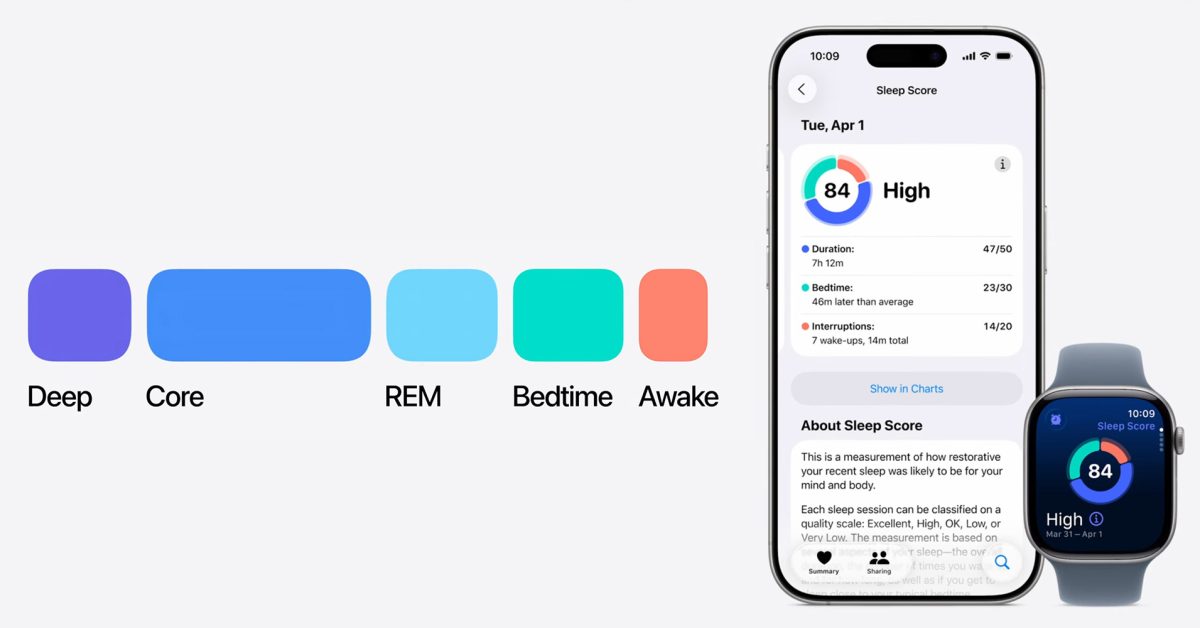
robinhood embraces copy trading after warning competitors Robinhood has officially entered the copy trading arena with the launch of “Robinhood Social,” a feature that enables users to follow and manually replicate the trades of prominent investors, despite previously cautioning competitors about the regulatory risks associated with such platforms.
robinhood embraces copy trading after warning competitors
Background on Copy Trading
Copy trading, a strategy that allows investors to automatically replicate the trades of experienced traders, has gained significant traction in recent years. This approach is particularly appealing to novice investors who may lack the expertise or time to conduct thorough market analysis. By following seasoned investors, users can potentially enhance their trading performance and make more informed decisions.
While copy trading has been embraced by various platforms, it has also raised regulatory concerns. Regulators worry that such services could lead to uninformed trading, where users blindly follow others without understanding the risks involved. This has prompted scrutiny of platforms that offer these features, as they must navigate a complex landscape of compliance and consumer protection laws.
Robinhood’s Cautious Stance
In late 2024, Robinhood’s executives expressed skepticism about the sustainability of copy trading platforms that seemed to operate without significant regulatory oversight. They suggested that some of these platforms were able to thrive because they were “flying under the radar” of regulators. This caution was rooted in the company’s own experiences with regulatory scrutiny, particularly following the GameStop trading frenzy in early 2021, which led to heightened scrutiny of Robinhood’s business practices.
Robinhood’s leadership emphasized the importance of regulatory compliance and consumer protection, indicating that the company would not pursue copy trading unless it could do so within a framework that prioritized user safety and transparency. This cautious approach was seen as a way to differentiate Robinhood from its competitors, many of which were rapidly adopting copy trading features without the same level of regulatory concern.
The Launch of Robinhood Social
Fast forward to September 2025, and Robinhood has made a significant pivot by launching “Robinhood Social.” This feature allows users to follow and manually replicate trades made by prominent investors on the platform. The decision to embrace copy trading marks a notable shift in the company’s strategy, suggesting that Robinhood has found a way to navigate the regulatory landscape while still offering a feature that appeals to its user base.
Features of Robinhood Social
Robinhood Social is designed to enhance user engagement and provide a more interactive trading experience. Key features include:
- Follow Prominent Investors: Users can identify and follow successful investors on the platform, gaining insights into their trading strategies and decisions.
- Manual Trade Replication: Unlike automated copy trading, Robinhood Social allows users to manually replicate trades, ensuring that they have a clear understanding of each transaction before executing it.
- Community Engagement: The platform encourages users to engage with each other, fostering a sense of community among investors. Users can share insights, discuss strategies, and learn from one another.
This feature is expected to attract both novice and experienced investors, as it combines the benefits of social trading with the need for informed decision-making. By allowing users to manually replicate trades, Robinhood aims to mitigate some of the risks associated with blind copy trading.
Regulatory Considerations
As Robinhood ventures into the copy trading space, regulatory compliance remains a top priority. The company has stated that it is committed to adhering to all relevant regulations and ensuring that users are adequately informed about the risks associated with trading. This commitment is crucial, especially in light of the scrutiny that copy trading platforms have faced in the past.
Regulators are likely to keep a close eye on Robinhood’s new feature, assessing whether it meets the necessary standards for consumer protection and transparency. The company will need to demonstrate that it has implemented robust safeguards to prevent users from making uninformed trading decisions based solely on the actions of others.
Potential Implications for the Industry
Robinhood’s entry into the copy trading market could have significant implications for the broader financial industry. As one of the most recognizable names in retail trading, Robinhood’s move may prompt other platforms to reevaluate their own offerings and consider similar features. This could lead to increased competition in the copy trading space, as companies strive to attract users with innovative features and enhanced user experiences.
Moreover, Robinhood’s approach to regulatory compliance may set a precedent for how copy trading platforms operate in the future. If Robinhood successfully navigates the regulatory landscape while offering a popular copy trading feature, it could encourage other companies to adopt similar strategies, prioritizing user safety and transparency in their offerings.
Stakeholder Reactions
The announcement of Robinhood Social has elicited a range of reactions from stakeholders across the financial industry. Some industry experts view the launch as a positive development, highlighting the potential benefits of social trading for novice investors. They argue that by allowing users to follow experienced traders, Robinhood is empowering individuals to make more informed decisions and learn from the successes of others.
However, there are also concerns regarding the potential risks associated with copy trading. Critics argue that even with manual replication, users may still be susceptible to making impulsive decisions based on the actions of others. This could lead to significant losses, particularly if users do not fully understand the strategies being employed by the investors they are following.
Consumer Perspectives
From a consumer perspective, the introduction of Robinhood Social may be met with enthusiasm, particularly among those who are new to investing. The ability to follow and learn from successful investors could provide a valuable educational experience, helping users to build their trading skills over time. Additionally, the social aspect of the feature may foster a sense of community among investors, encouraging collaboration and knowledge sharing.
However, it is essential for users to approach copy trading with caution. While following experienced traders can provide insights, it is crucial for investors to conduct their own research and understand the risks involved in trading. Blindly replicating trades without a clear understanding of the underlying strategies can lead to poor investment decisions.
Conclusion
Robinhood’s launch of Robinhood Social marks a significant development in the copy trading landscape, particularly given the company’s previous caution regarding regulatory risks. By introducing a feature that allows users to follow and manually replicate the trades of prominent investors, Robinhood is positioning itself as a leader in the evolving world of social trading.
As the company navigates the complexities of regulatory compliance, it will be essential for Robinhood to prioritize user safety and transparency. The success of Robinhood Social may not only impact the company’s growth but also influence the broader financial industry as other platforms consider similar offerings.
Ultimately, the introduction of Robinhood Social presents both opportunities and challenges for investors. While the feature has the potential to enhance trading experiences and foster community engagement, users must remain vigilant and informed as they navigate the world of copy trading.
Source: Original report
Was this helpful?
Last Modified: September 10, 2025 at 10:46 am
0 views















